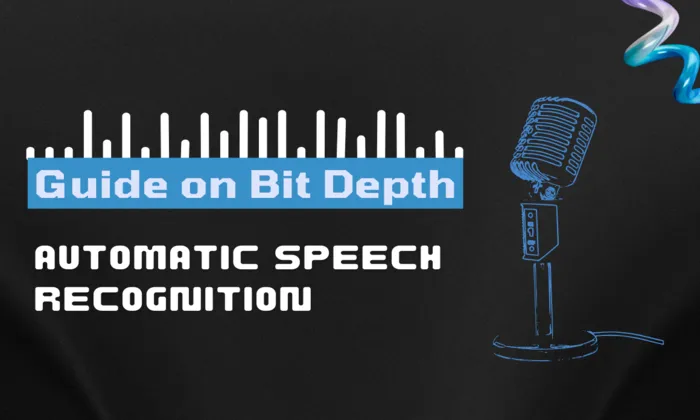Why do medical AI models need domain-specific speech data?
Speech Data
Healthcare
Medical AI
Understanding why medical AI models need domain-specific speech data is essential for developing reliable healthcare applications. Medical speech data, particularly clinical dictation, plays a crucial role in training AI models for accurate and context-aware performance. Here's why this specialized data is indispensable.
The Essence of Medical Speech Data
Medical speech data consists primarily of recordings where clinicians dictate clinical notes, a process distinct from everyday conversations. Unlike casual doctor-patient interactions, dictation is a structured monologue filled with medical jargon and specific terminologies. For example, a clinician might say, "Patient presents with a 2-week history of productive cough and low-grade fever," which requires a precise understanding of medical language that general datasets might not capture.
Key Benefits of Domain-Specific Speech Data in AI Models
- Terminology Recognition: Medical AI models must comprehend specific language, often dense with precise terms like "hypertension" or drug names. General speech recognition systems can struggle with these terms, leading to transcription errors. Domain-specific data trains AI to recognize and accurately transcribe specialized vocabulary, reducing risks of misinterpretation in patient care.
- Contextual Understanding: Medical dictation requires nuanced comprehension. Terms like "acute bronchitis" versus "chronic bronchitis" carry distinct meanings and treatment implications. Domain-specific speech data equips AI models to understand and differentiate these contexts, enhancing clinical decision support systems' accuracy.
- Speaker Variability and Accents: Healthcare professionals come from diverse backgrounds, bringing various accents and dialects to the forefront. A robust dataset considers this variability, ensuring AI models accurately transcribe speech across accents. This is vital in multi-regional healthcare setups, where understanding diverse speech patterns improves communication and efficiency.
How Domain-Specific Data Works
The process involves collecting high-quality audio recordings of clinical dictation, followed by precise transcription that captures both words and medical context. Advanced quality assurance ensures transcription accuracy, forming a reliable training dataset. Incorporating metadata like speaker specialty and dictation type refines the model's training, allowing it to generalize across clinical scenarios effectively.
Real-World Impacts & Use Cases
In practice, domain-specific speech data enhances AI models used in medical speech recognition and clinical decision support. Improved accuracy leads to better patient care outcomes by streamlining clinician workflows and reducing errors. For instance, accurate transcription of a medical note can ensure that a patient's treatment plan is correctly followed, directly impacting patient safety and care quality.
Strategic Call-to-Action
For healthcare projects requiring domain-specific speech data, FutureBeeAI offers comprehensive solutions. Our platform supports the collection and annotation of high-quality clinical dictation datasets, ensuring robust model performance and compliance. Partner with us to elevate your medical AI models and enhance patient care outcomes.
Smart FAQs
Q. Why is accuracy in medical terminology so critical for AI models?
A: Accuracy is crucial because even minor errors can have significant impacts on patient care, affecting diagnoses and treatment plans.
Q. How do diverse accents in medical dictation impact AI training?
A: Diverse accents introduce variations that affect AI training. A dataset inclusive of various accents ensures models transcribe and understand speech accurately, enhancing communication in clinical settings.
What Else Do People Ask?
Related AI Articles
Browse Matching Datasets
Acquiring high-quality AI datasets has never been easier!!!
Get in touch with our AI data expert now!








